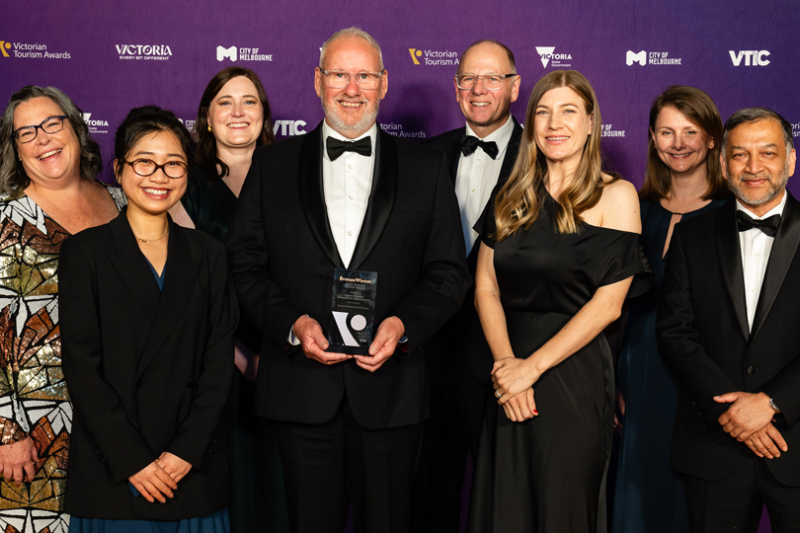Better support needed to help young people continue their education after custody

Better planning and support for young people wanting to engage with education after contact with the criminal justice system will greatly improve their future prospects and general wellbeing, according to new research by Victoria University, Deakin University and The University of Tasmania.
Researchers from the three universities collaborated with Victoria’s Department of Education and Training to identify ways to keep young people engaged with education once they leave youth justice centres.
Senior Research Fellow at Victoria University Fiona MacDonald said it can be hard for young people to re-enter education after being in a youth justice setting.
“Research shows young people who’ve come in contact with the criminal justice system have some of the poorest life outcomes in terms of education, employment and wellbeing. However attendance at a youth justice centre gives them an opportunity to reconnect with education,” Dr MacDonald said.
“It’s widely acknowledged that education is often key to helping a young person improve their life chances. Importantly, many young people in custody are on remand rather than convicted of a crime. The aim of this study was to investigate how these young people could be better supported to maximise their successful transition to education.”
The report recommends enhancing interagency collaboration across the multiple organisations and agencies providing support to young people both while they are in a youth justice centre and after they leave.
“Building capacity across the sector and improved understanding of each area’s roles and responsibilities is vital so that misunderstanding can be avoided, and so that stakeholders can work together productively and avoid duplication,” Dr MacDonald said.
“Planning for how a young person will re-enter education should begin as soon as they arrive at a youth justice facility and focus on future opportunities, not their offending history.”
Dr MacDonald said barriers faced by young people re-entering education after a period of incarceration include difficulty adjusting within their school and their local community, as well as uncertainty in some schools about how best to support these students.
“Making sure young people have a central role in determining and planning their education path is critical to keeping them engaged in learning,” Dr MacDonald said.
“For an education transition plan to be successful, each young person’s individual needs must be addressed and their voices listened to.”



